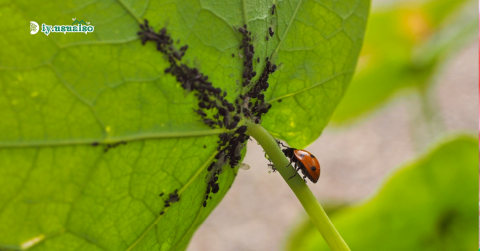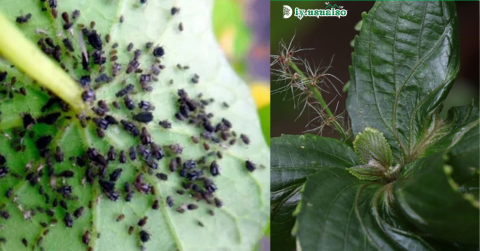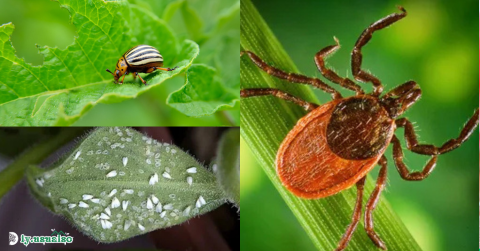Before You Take Action
It is essential to take a holistic, systematic, and conscientious approach to organic pest control. This means that you can’t just spray everything haphazardly just because one plant has a secret hole!
- Healthy Soil Management
Start with rich, balanced soil. Healthy plants are less susceptible to pests. Use compost and organic matter to improve soil structure and nutrient content.
- Choose pest-resistant plants.
Choose plant varieties that are labeled as pest-resistant. Local nurseries and gardening resources can point you to plants that grow in your area that have fewer pest problems.
- Companion planting
Plant some plants together to naturally repel pests. For example, marigolds can repel nematodes, and basil can help repel aphids when planted near tomatoes.
- Crop rotation

Avoid planting the same plants in the same spot year after year. Crop rotation breaks the life cycle of pests that overwinter in the soil.
- Physical barriers
Use netting, netting, or mesh to protect your plants from insects, birds, and other pests. Make sure the material is permeable to sunlight and air.
- Introduce beneficial insects.
Attract or release natural predators, such as ladybugs, ladybirds, and praying mantises. These insects feed on common garden pests and help create a balanced ecosystem.
- Encourage Birds
Install birdhouses, bird feeders, and bird baths to attract birds that eat pests like caterpillars, beetles, and grasshoppers.
- Manual Picking
Check your plants regularly and manually remove any visible pests like caterpillars, beetles, and caterpillars. This method requires intensive effort, but is very effective for small infestations.
- Use Azadirachta Oil.
Azadirachta oil is a natural pesticide that is effective against a wide range of pests, including aphids, whiteflies, and spider mites. Spray a diluted solution directly onto affected plants.
- Diatomaceous Earth

Sprinkle diatomaceous earth around your plants. This natural powder dehydrates and kills soft-bodied pests like slugs and snails without harming the environment.
- Keep your garden clean.
Remove dead leaves, fallen fruit, and plant debris that can harbor pests and disease. A clean garden reduces the number of places for pests to hide.
- Avoid overwatering.
Overwatering creates moist conditions that attract pests such as mold and insects. Water your plants only when needed and provide proper drainage.
- Mulch
Place an organic mulch around your plants to help retain moisture in the soil and create a physical barrier against pests. Mulch helps suppress weeds that compete for nutrients.



